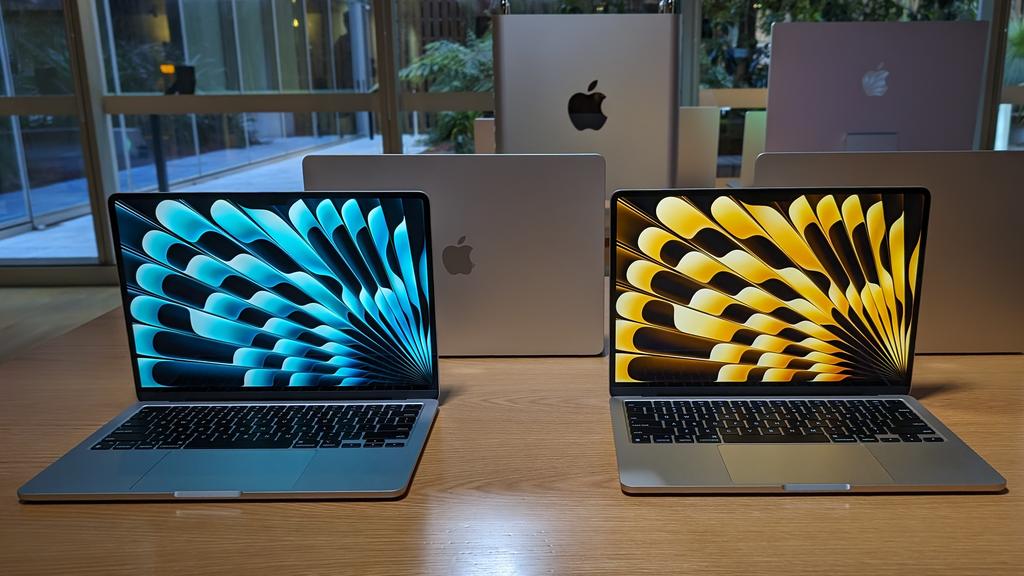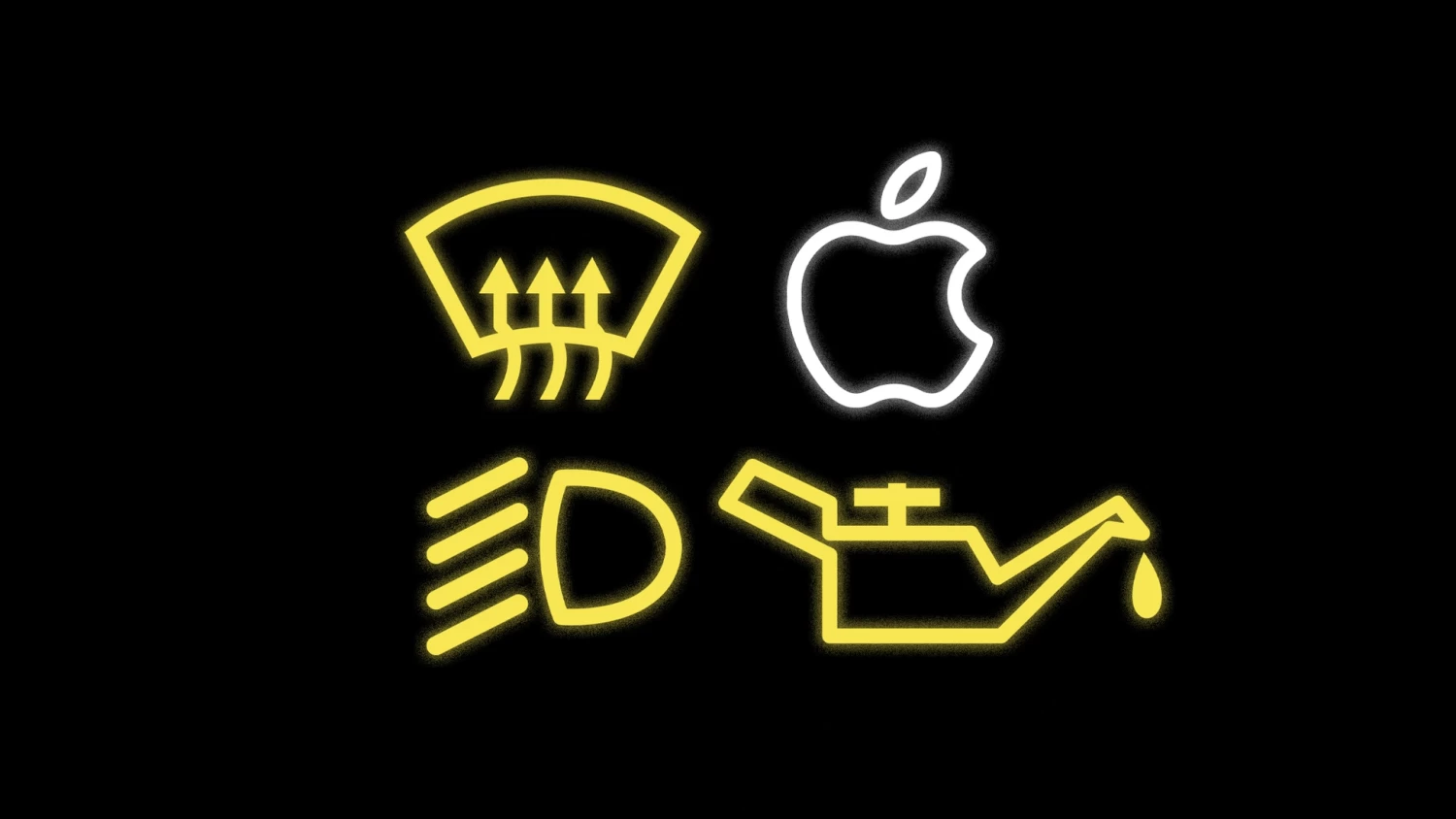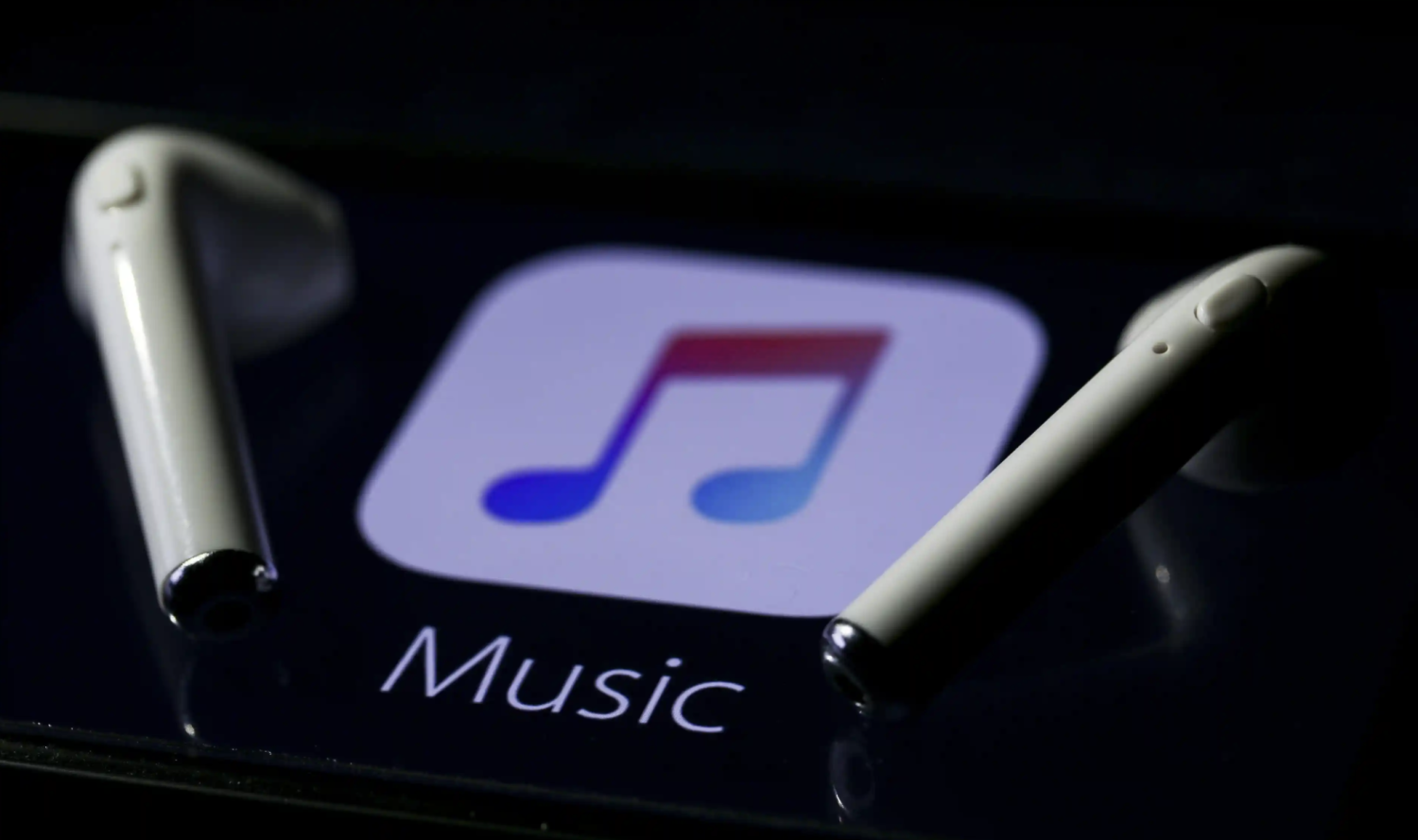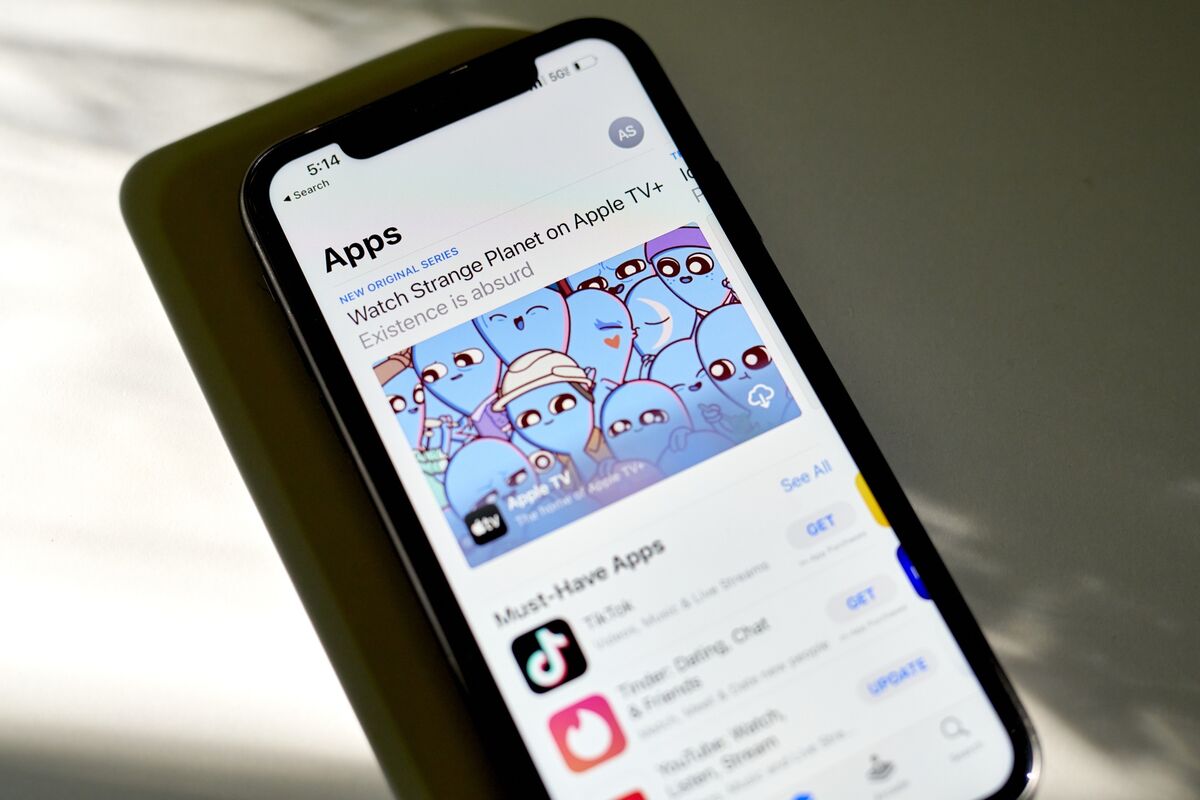This article is more than
1 year oldNameDrop is safe. The fearmongering about it is not.
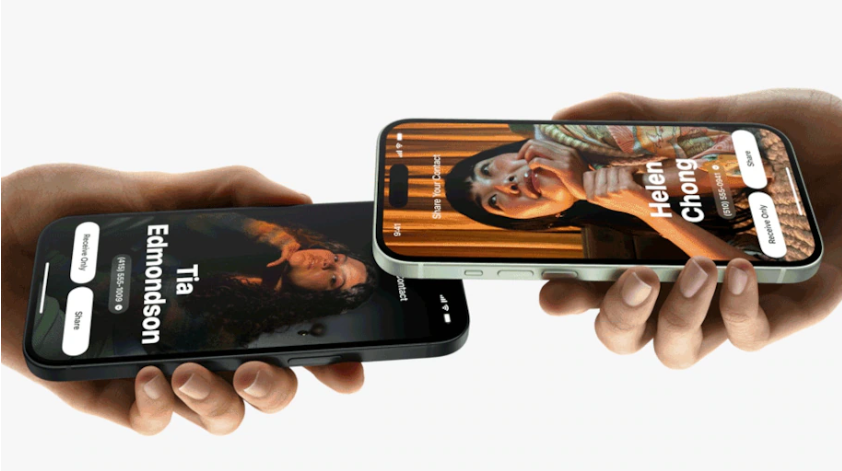
Some police departments and news organizations have been warning people about what they say are safety risks of a new iPhone feature called NameDrop that you can use to share contact information wirelessly.
The truth: NameDrop is quite safe. The warnings about this technology are wildly exaggerated.
Chester Wisniewski, a digital security specialist at Sophos, called the warnings about NameDrop “hysteria” and “nonsense.”
So you shouldn't worry about NameDrop. But you should worry that police and news organizations are failing you by sounding false alarms about technology.
Unfortunately, this isn't the first time.
Despite warnings from law enforcement and others, it is safe for nearly everyone to use public WiFi or plug your phone into chargers in places such as coffee shops and airports. And contrary to scary messages recently from French regulators, there’s little radiation risk from your smartphone.
The truth: NameDrop is quite safe. The warnings about this technology are wildly exaggerated.
Chester Wisniewski, a digital security specialist at Sophos, called the warnings about NameDrop “hysteria” and “nonsense.”
So you shouldn't worry about NameDrop. But you should worry that police and news organizations are failing you by sounding false alarms about technology.
Unfortunately, this isn't the first time.
Despite warnings from law enforcement and others, it is safe for nearly everyone to use public WiFi or plug your phone into chargers in places such as coffee shops and airports. And contrary to scary messages recently from French regulators, there’s little radiation risk from your smartphone.
Each of the devices needs to be unlocked for NameDrop to work, and you have to pick which pieces of contact information you want to share.
There is always a risk that a creep or crook gets within a couple of inches from your phone and you mistakenly agree to share your contact information with them. But it’s unlikely that you’ll share contact information without intending to.
Why then, have police departments in Pennsylvania, Ohio, Oklahoma and other places posted similar Facebook messages warning about the privacy risk of NameDrop? I don’t know.
I have instructions below if you want to turn off NameDrop. But it's also fine if you don't want to bother.
How to turn off NameDrop
It might be smarter if Apple hadn’t turned this feature on automatically — not for safety reasons, but because it’s a feature that most people won’t use that often and it can be annoying.
If you own two Apple devices and bring them close together, they might nudge you to share your contact information with yourself.
To turn off NameDrop, tap on the Settings app on your iPhone, then General → AirDrop → and turn off the button for “Bringing Devices Together.” (When you turn it off, the color changes from green to gray.)
You can always turn NameDrop back on to share your phone number, email address or photos with a new friend.
While you’re at it, it’s smart to make sure your AirDrop is set to either “Receiving Off” or “Contacts Only.” That way you lower the risk of getting unwanted photos or files from strangers near you.
There’s a risk in fearmongering
We spend too much time worrying about the wrong things in technology. And that is partly the fault of public officials and news organizations that can make anything sound scarier than it really is.
Almost no one has been able to identify examples of “juice jacking,” the term that law enforcement uses for the risk of criminals planting software that steals your personal data when you use phone chargers in places such as malls and airports.
If you know you're a target of government spies or other snooping, definitely don't use phone chargers in public places.
But consider how hard it is for crooks to do this. A thief may have to physically go to the airport or mall to sneak in a rogue phone charger. They have easier ways to steal your personal information.
Months ago, I got an email from a worried reader asking about the risk of credit cards with technology that lets you tap to pay at stores. As with juice jacking, this risk is not zero that a criminal could get close enough to your credit cards to steal the numbers.
But as with juice jacking, the risk is teeny. A criminal or spy would have to get very close to your credit card and own specialized equipment. It's possible, but most crime is boring, not like a James Bond movie. There are far easier ways to steal your credit card information.
You and I live in the real world where we cannot be on guard for every threat. Don’t worry about NameDrop. But worry about wasting your time on risks that don’t matter.
Keywords
Newer articles
<p>Chinese officials say they "firmly oppose" the platform being divested.</p>
Israel Iran attack: Damage seen at air base in Isfahan
Ukraine ‘will have a chance at victory’ with new US aid, Zelenskyy says
Ukraine war: Kyiv uses longer-range US missiles for first time
Congress passes bill that could ban TikTok after years of false starts
House passes potential TikTok ban that could speed through Senate
Who will be Trump’s VP? A shortlist
How soon could US ban TikTok after Congress approved bill?
Finally, America’s Congress does right by Ukraine
‘LOSING CREDIBILITY’: Judge explodes at Trump lawyers as case heats up
